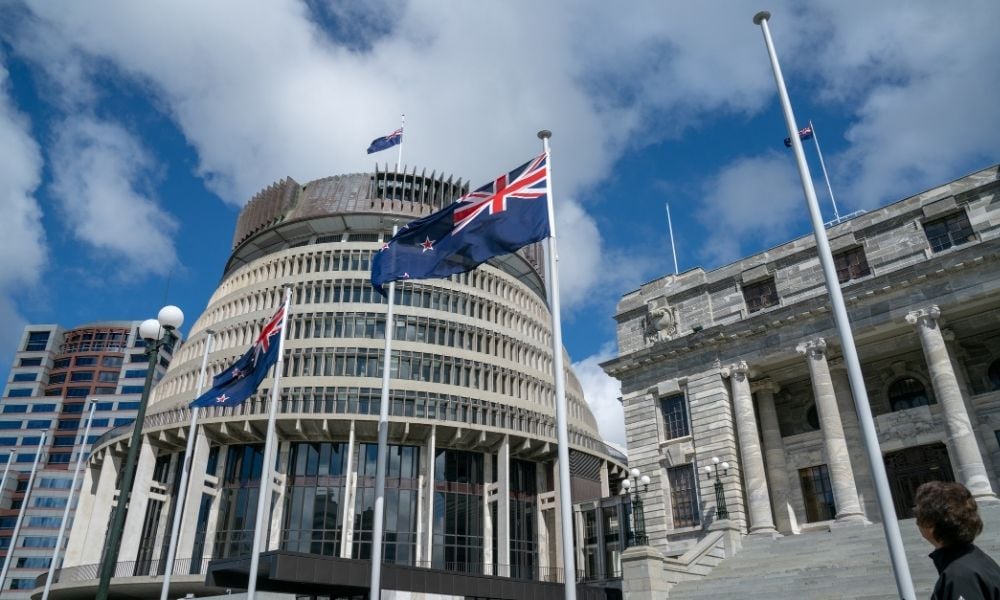New Zealand passes law giving mothers, partners three days' leave

New Zealand has passed a law that gives mothers and their partners paid time off to grieve after a miscarriage or stillbirth.
The government passed the Holidays (Bereavement Leave for Miscarriage) Amendment Bill (No 2) on third reading, giving employees three days of leave for such an event.
“We are fortunate enough to have many decent employers in this country who are all really allowing bereavement leave to be taken in the event of miscarriage or stillbirth. But there are some who are not. There are some who are making employees use up the sick leave at a time when they are dealing with extreme loss. And that is careless and that is wrong,” says Labour Party MP Ginny Andersen, who initiated the bill.
One in four New Zealand women have had a miscarriage, she says, and that takes a physical and mental toll not just on mothers, but their partners.
“The grief that comes with miscarriage is not a sickness, it is a loss. And that loss takes time. Time to recover physically and time to recover mentally. Time to recover with a partner. Because often, the mother is not alone in her grief,” says Andersen. “I’m so thrilled that these provisions in this bill extend to both mothers and partners. Couples need time to work through their grief together without the pressure of loss of income or using up sick leave.”
New Zealand is only the second country to offer such legislation, according to a CBC report. In India, women are entitled to six weeks' leave after a miscarriage.
What about Canada?
In Canada, if a woman’s pregnancy ends before week 20, she could receive sickness benefits under the employment insurance (EI) program. If the program ends in week 20 or later, they could receive maternity benefits.
Some provinces and territories provide pregnancy or maternity leaves related to miscarriage. For example, in Ontario, an employee who has a miscarriage or stillbirth within the 17-week period preceding the due date is eligible for pregnancy leave. The latest date for commencing the leave in that case is the date of the miscarriage or stillbirth.
The pregnancy leave of an employee who has a miscarriage or stillbirth ends on the date that is the later of 17 weeks after the leave began; or 12 weeks after the stillbirth or miscarriage.
In Saskatchewan, an employee whose pregnancy terminates up to 13 weeks before the estimated date of birth due to a miscarriage or a stillbirth may take 19 weeks of maternity leave.
In Quebec, if a woman has a termination of pregnancy, such as a miscarriage or an abortion, she have the right to be absent from work to recover. If the termination occurs before the beginning of the 20th week of pregnancy, she has the right to be absent for up to three weeks, without pay.
If a termination of pregnancy occurs as of the first day of the 20th week of pregnancy, the worker is entitled to maternity leave, without pay, for a maximum of 20 weeks. If the miscarriage or the termination of pregnancy occurred before Jan. 1, 2021, the leave shall end not later than 18 weeks after the event.
The woman is also entitled to benefits under the Régime québécois d’assurance parentale (RQAP).
The University of Alberta released a study in 2019 that found pregnant women who work more than 40 hours per week or who work the night shift face an increased risk for preterm delivery and miscarriage.




